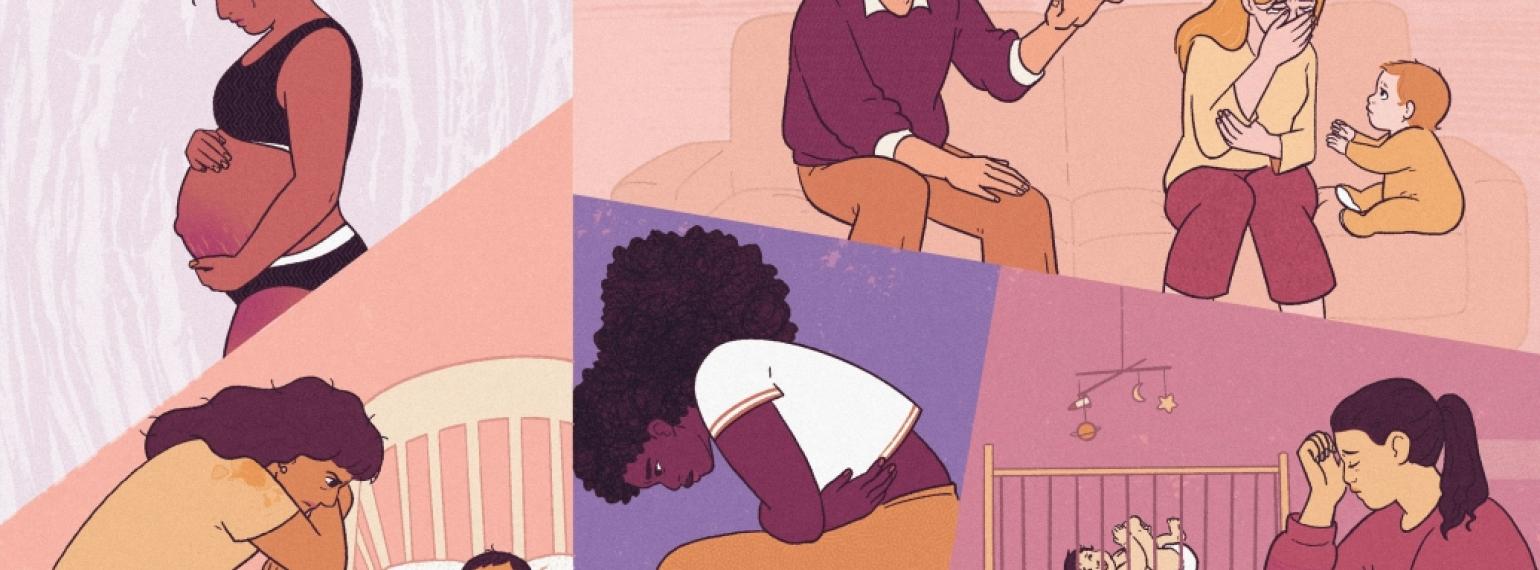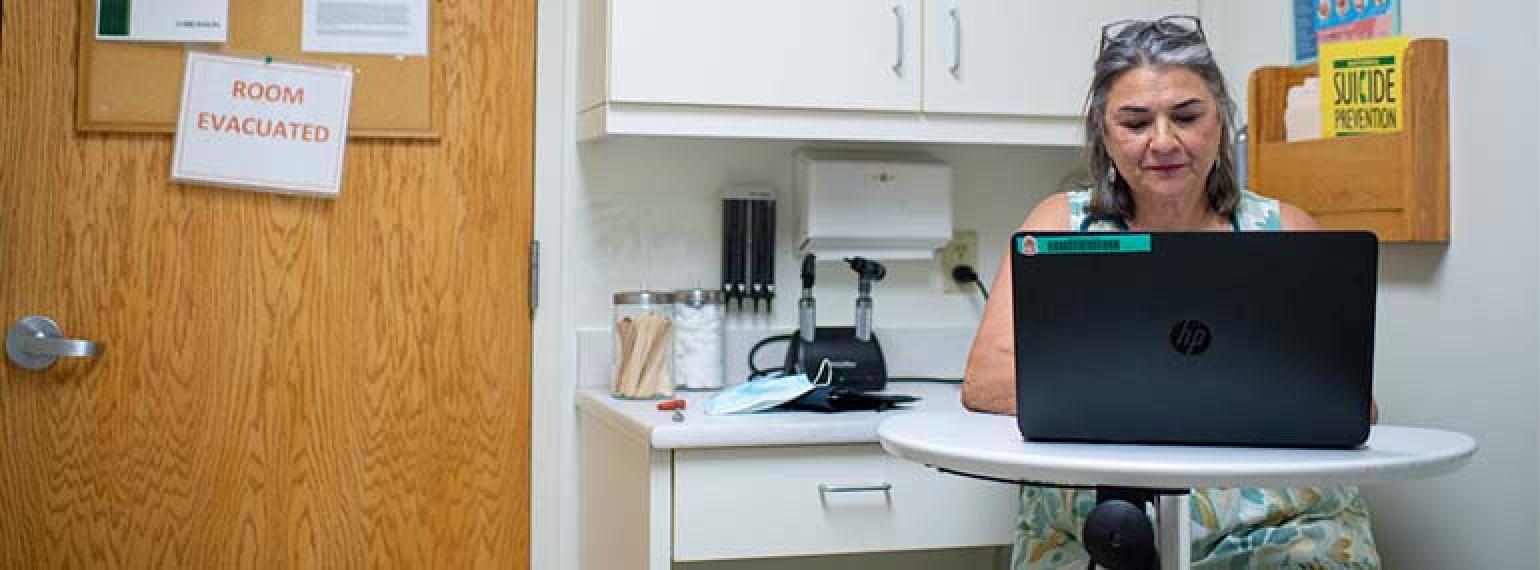OUR MISSION
To advance mental and behavioral health and well-being through compassionate care, innovative research, transformative education, and a steadfast commitment to diversity, equity, and inclusion.
Patient Care
The University of Michigan Department of Psychiatry offers inpatient and outpatient clinical services. Healthcare professionals from a broad range of clinical backgrounds dedicate their unique skills and expertise to treating patients during critical periods of need for psychiatric care.
Please note that our services are mostly evaluation and consultation services. This means that we provide you with an assessment/evaluation & treatment recommendations.
Research
The University of Michigan Department of Psychiatry is conducting research to improve our knowledge of depression, bipolar and anxiety disorders, addiction/substance abuse and other brain conditions.
or
Visit UMHealthResearch.org to explore participation opportunities.
Education
Michigan’s Medical School continually places in the top ten in national ranking. We’re proud to be recognized for the excellence of our programs and our students, who make significant contributions every day in our clinics, our labs, and the lives of our patients.
OUR VISION
To lead the way in mental and behavioral health advancements by integrating groundbreaking research, outstanding clinical care, exceptional education, and a steadfast commitment to diversity, equity, and inclusion, ultimately promoting well-being for all individuals, families, and communities.
OUR CORE VALUES
Compassion – Equity – Excellence – Integrity – Teamwork


















